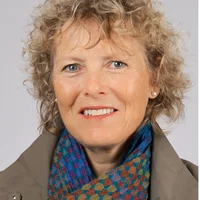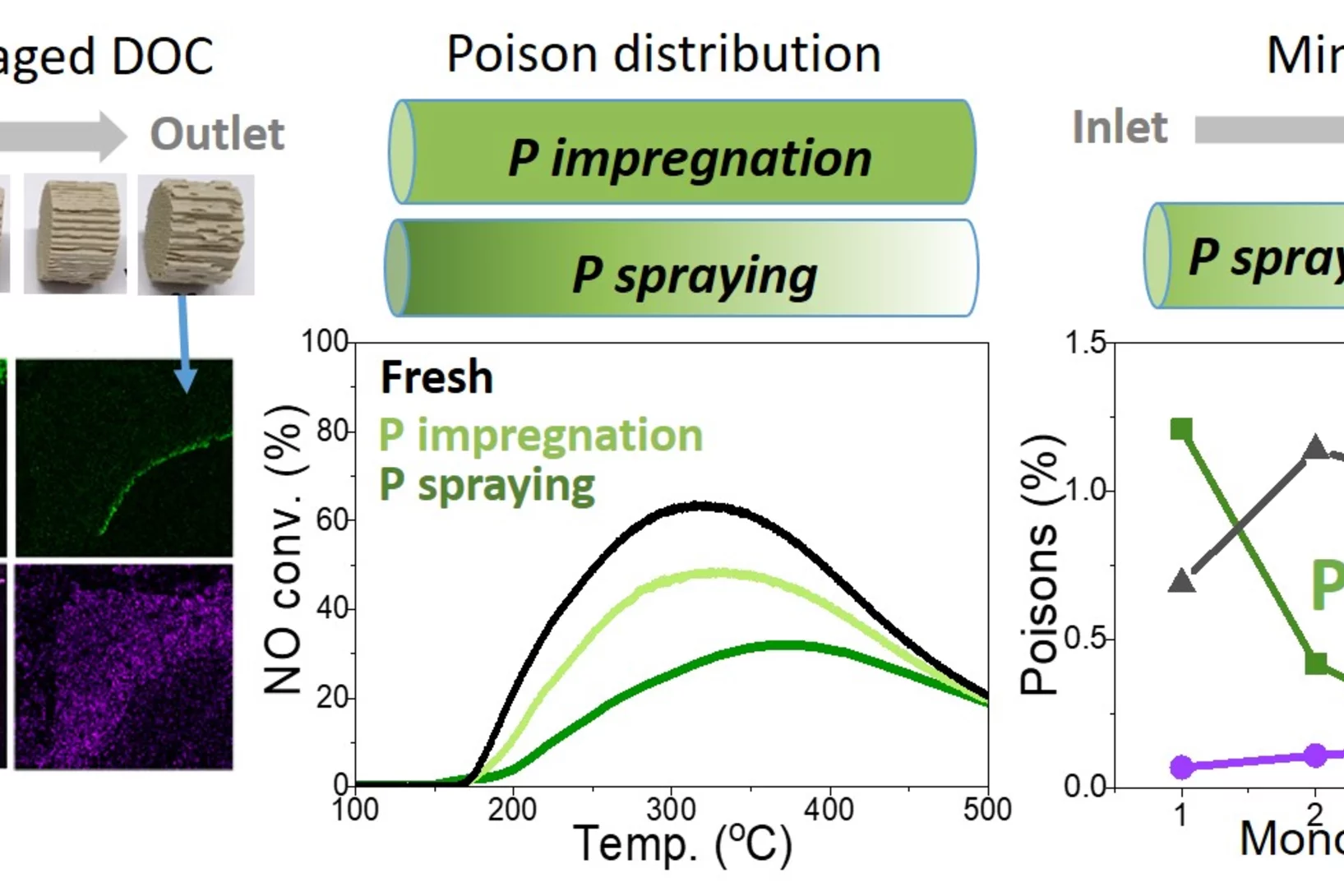Our research interests are primarily centred around the understanding of the supported transition and noble metal catalysts at work in order to design catalysts for specific purposes (activation of hydrocarbons, oxidation reactions and reduction of NOx). Current projects are on the effect of aging of automotive catalysts such as Diesel oxidation catalysts (DOC) and on the composition and operation mode of three-way catalysts (TWC) for natural gas and gasoline fuelled engines. Our approach is manifold:
- model catalyst approach, which reduces the complexity of the authentic commercial catalyst;
- a combination of in situ/ex situ spectroscopic techniques (e.g., FT-IR, Raman, XRD, XAS, XPS, (S)TEM, thermal analysis) providing complementary information on structure;
- catalytic tests in either powder form or monolith form in simulated exhaust gas;
- variation of operation mode of TWC based on average lambda value as well as amplitude and frequency of lambda oscillations;
- development of aging protocols to mimic more precisely real aging.






